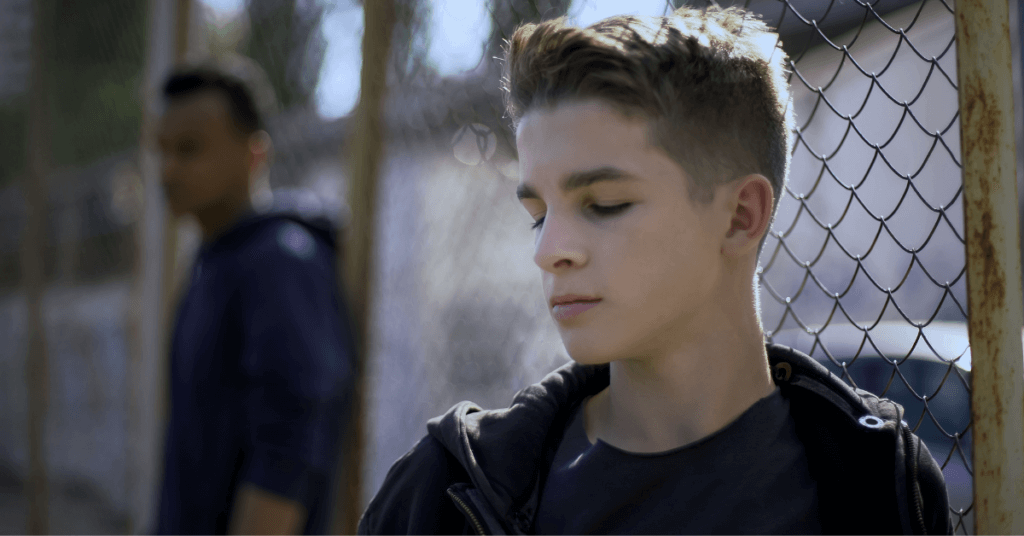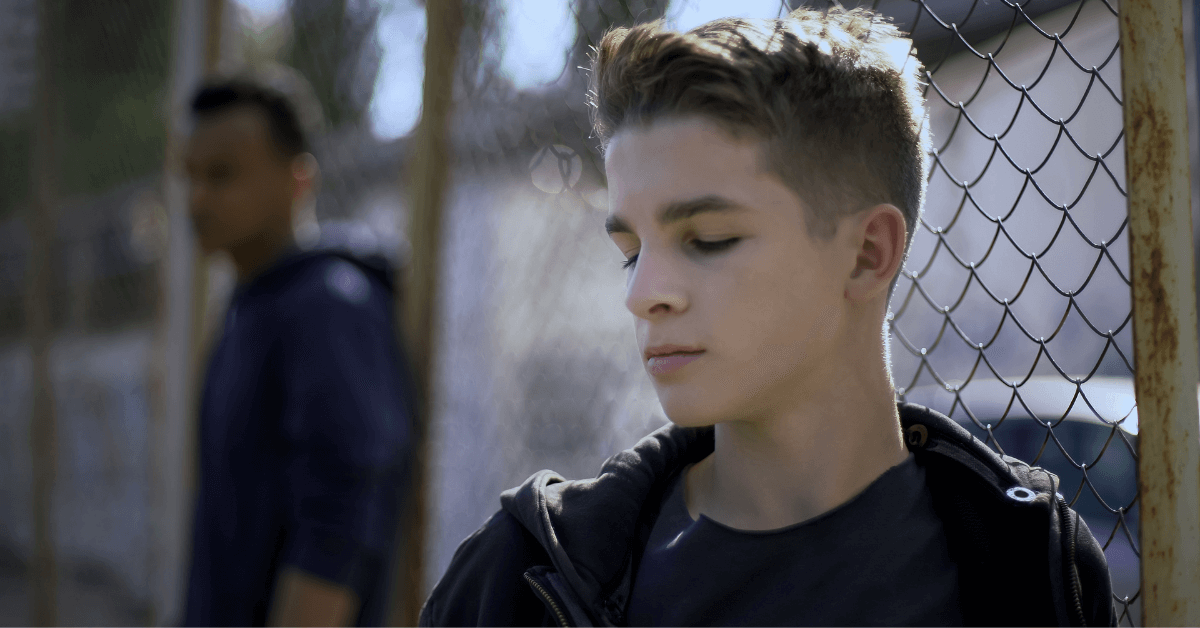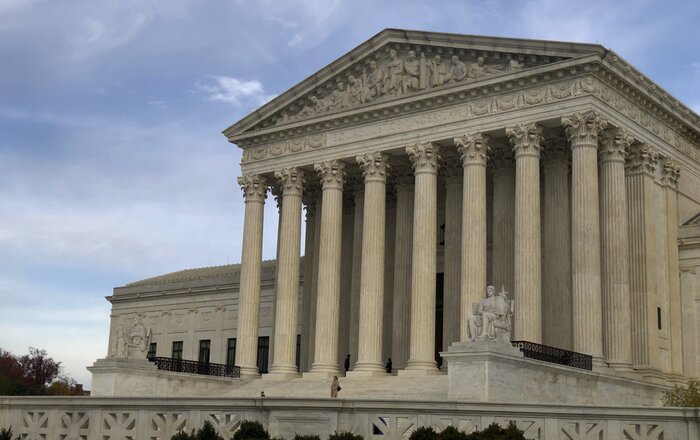Normas editoriales
Rosenblum Law se compromete a ofrecer contenidos informativos de la máxima calidad. Todo el contenido está sujeto a nuestros rigurosos estándares editoriales de relevancia, precisión, fuentes y objetividad. Antes de ser publicado, todo es verificado por un editor y revisado por uno de nuestros abogados para comprobar su solidez jurídica.
How to Cite Rosenblum Law’s Article
APA
Kent Ng (Sep 5, 2012). Top 10 Questions to Ask a Criminal Lawyer Before Hiring Him. Rosenblum Law Firm, https://es.rosenblumlaw.com/top-10-questions-to-ask-a-criminal-lawyer-before-hiring-him/
MLA
Kent Ng "Top 10 Questions to Ask a Criminal Lawyer Before Hiring Him". Rosenblum Law Firm, Sep 5, 2012. https://es.rosenblumlaw.com/top-10-questions-to-ask-a-criminal-lawyer-before-hiring-him/




